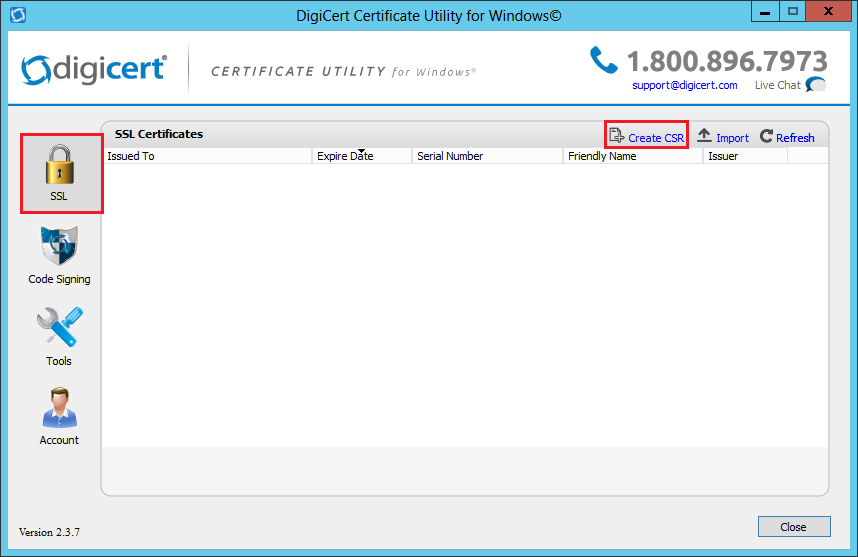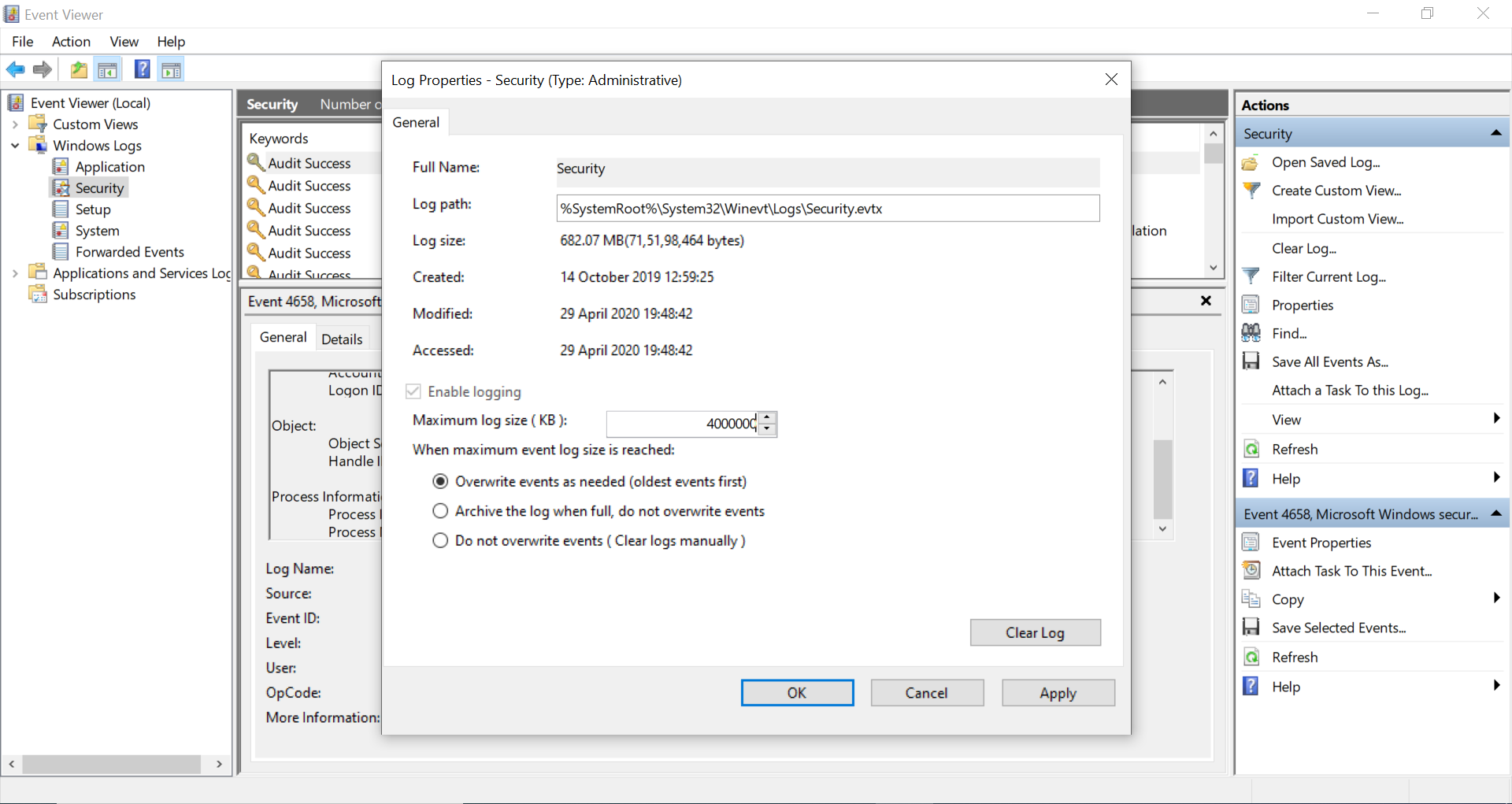

Note that configuration for subsystems is located in their respective folders as shown in the picture: Subsystems that we are interested in this article are the first three: authentication, synchronization and file servers. Subsystems in their nature are separate configurable modules responsible for a sub-part of the Alfresco functionality.

Introduced in version 3.2 are the number of Alfresco subsystems: In my case Alfresco is installed on Windows 2003 EE with SP2 32bit. I recommend using Alfresco CE 3.2 build 2242 or later since it includes many fixes for NTLM, CIFS and LDAP merged from enterprise version. I tend to use bundled Alfresco/Tomcat zip installation since installer can be buggy from version to version and you don’t have full control. you can login into working Alfresco using the default admin/admin user.

Prerequisites for this article are: working Active Directory environment, functional basic installation of Alfresco i.e.
#Ldap query tool windows 2003 how to
In this guide I’ll show you how to achieve full integration with Active Directory which includes Alfresco Explorer and Alfresco Share SSO, CIFS SSO, and Active Directory (LDAP) users and groups synchronization. While I’ll provide explanations how stuff works you can also have a look at the chapter 6 of the Professional Alfresco: Practical Solutions for Enterprise Content Management (Wrox Programmer to Programmer) book or to the chapter 4 of the Alfresco 3 Enterprise Content Management Implementation book. Unfortunately, integration is not trivial and it is error prone. One of the main features of the Alfresco ECM System is the ability to integrate user authentication and synchronization with Microsoft Active Directory.


 0 kommentar(er)
0 kommentar(er)
